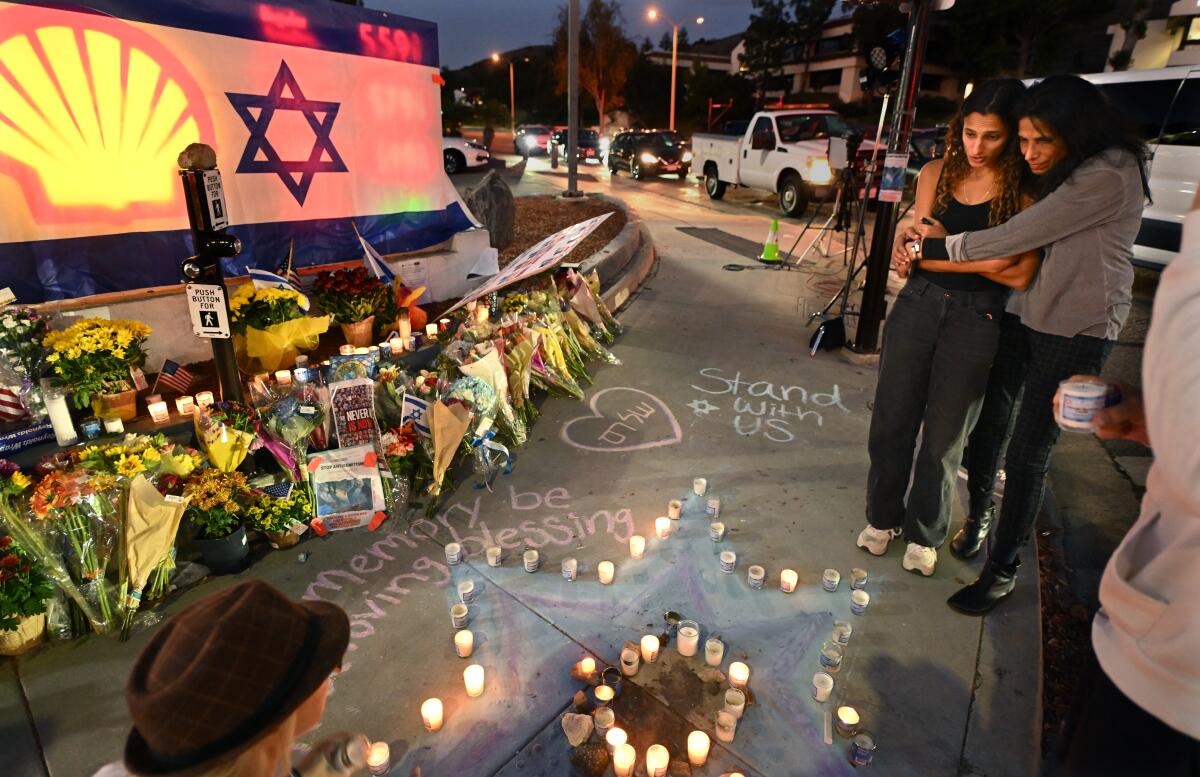The recent developments in the case surrounding the death of Paul Kessler highlight the tensions prevalent in today's society regarding protests and counterprotests. In a significant ruling, a Ventura County Superior Court judge determined that there was sufficient evidence to proceed with a trial against Loay Abdel Fattah Alnaji, who is accused of causing Kessler's death during a pro-Palestinian rally last year. This incident has raised critical questions about the dynamics of protest, free speech, and public safety in contentious social movements.
On November 5, 2022, the lives of Alnaji and Kessler became intertwined at a rally in Thousand Oaks where pro-Palestinian groups were expressing their views against Israel’s military actions. The rally, which attracted around 100 participants, escalated into a physical confrontation that resulted in Kessler sustaining fatal injuries. The implications of this case reach beyond the individuals involved, serving as a reflection of broader societal issues regarding the right to protest and the potential for violence in heated political climates.
As the trial approaches, the evidence presented will be crucial in determining the outcome. Eyewitness accounts, video evidence, and forensic analysis all contribute to the narrative of that day. This trial not only seeks justice for Kessler but also serves as a pivotal moment for understanding the consequences of public demonstrations in a divided society.
What You Will Learn
- The details surrounding the incident that led to Paul Kessler's death.
- The legal charges faced by Loay Abdel Fattah Alnaji and potential penalties.
- The significance of evidence presented during the preliminary hearing.
- The broader implications of this case on protests and public safety.

A Ventura County Superior Court judge declared on Wednesday that there was enough evidence to hold for trial a Moorpark man accused in the death of counterprotester Paul Kessler last year.
Judge Ryan Wright decided that Loay Abdel Fattah Alnaji, 51, would stand trial after listening to 18 witnesses over a two-day preliminary hearing, according to the Ventura County district attorney’s office.
Alnaji was charged with two felonies: involuntary manslaughter and battery causing serious bodily injury with special allegations of personally inflicting great bodily harm injury on each count, according to district attorney’s spokesperson Joey Buttitta. If found guilty of all charges, Alnaji could spend up to four years in prison.
Alnaji posted $50,000 bail. He could not be reached for comment.
Alnaji’s and Kessler’s lives forever changed on Nov. 5 at a pro-Palestinian rally at Westlake and Thousand Oaks boulevards in Thousand Oaks.
The site had been known as a gathering point for pro-Palestinian groups protesting Israel’s bombardment of the Gaza Strip in response to the Oct. 7 attack on Israel by Hamas.
Kessler, 69, carried an Israeli flag and joined a group of counterprotesters. In total, about 100 people were at the intersection.
A “physical confrontation” broke out between Kessler and Alnaji, in which Alnaji allegedly bludgeoned Kessler with a megaphone, according to the district attorney. Kessler fell to the ground bleeding with severe head injuries.
He died the next day at a hospital.
Evidence presented in the preliminary hearing by Courtney Lewis, senior deputy district attorney, included DNA analysis of Kessler’s blood found on the rim of a megaphone that Alnaji is accused of using to hit the man.
Kessler’s cellphone video that shows the moments leading up to the attack was also submitted as evidence.
County medical examiner Dr. Othon Mena also testified about Kessler’s cause of death. Mena said Kessler died from blunt force trauma caused by the blow from the megaphone and the subsequent fall.
The district attorney’s office said that although antisemitic hate speech took place that day, it couldn’t link anything to Alnaji.




